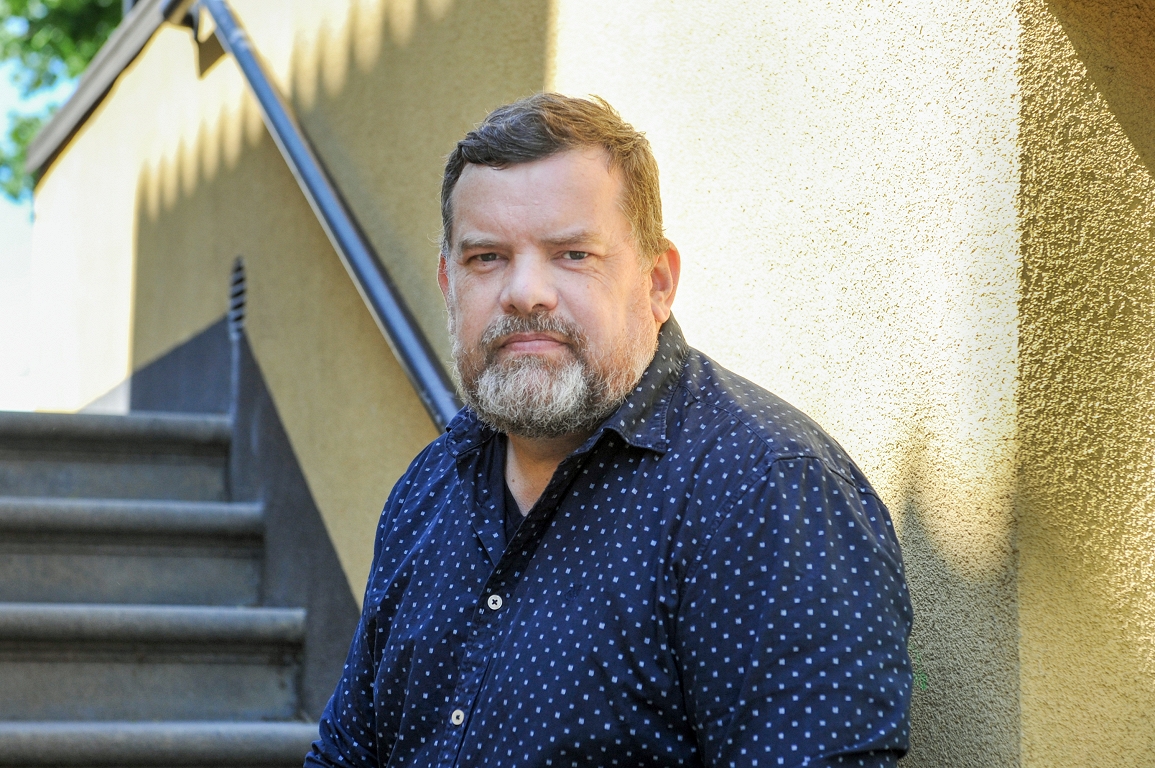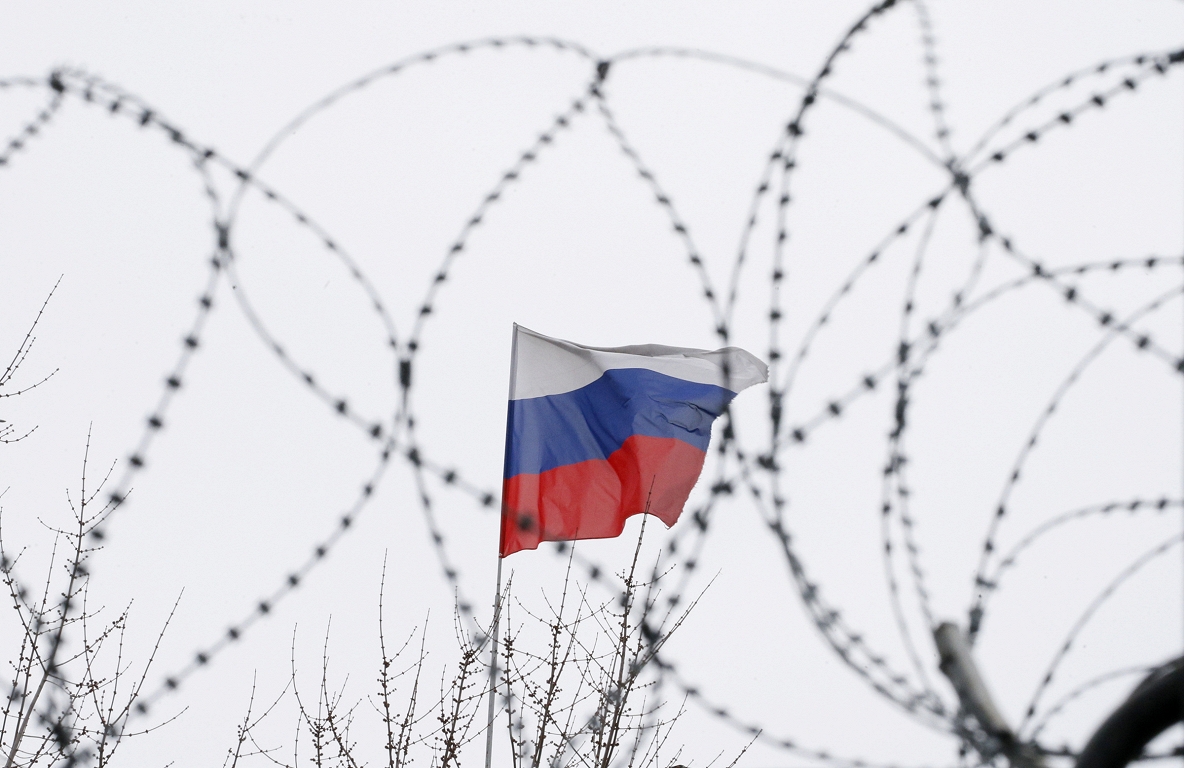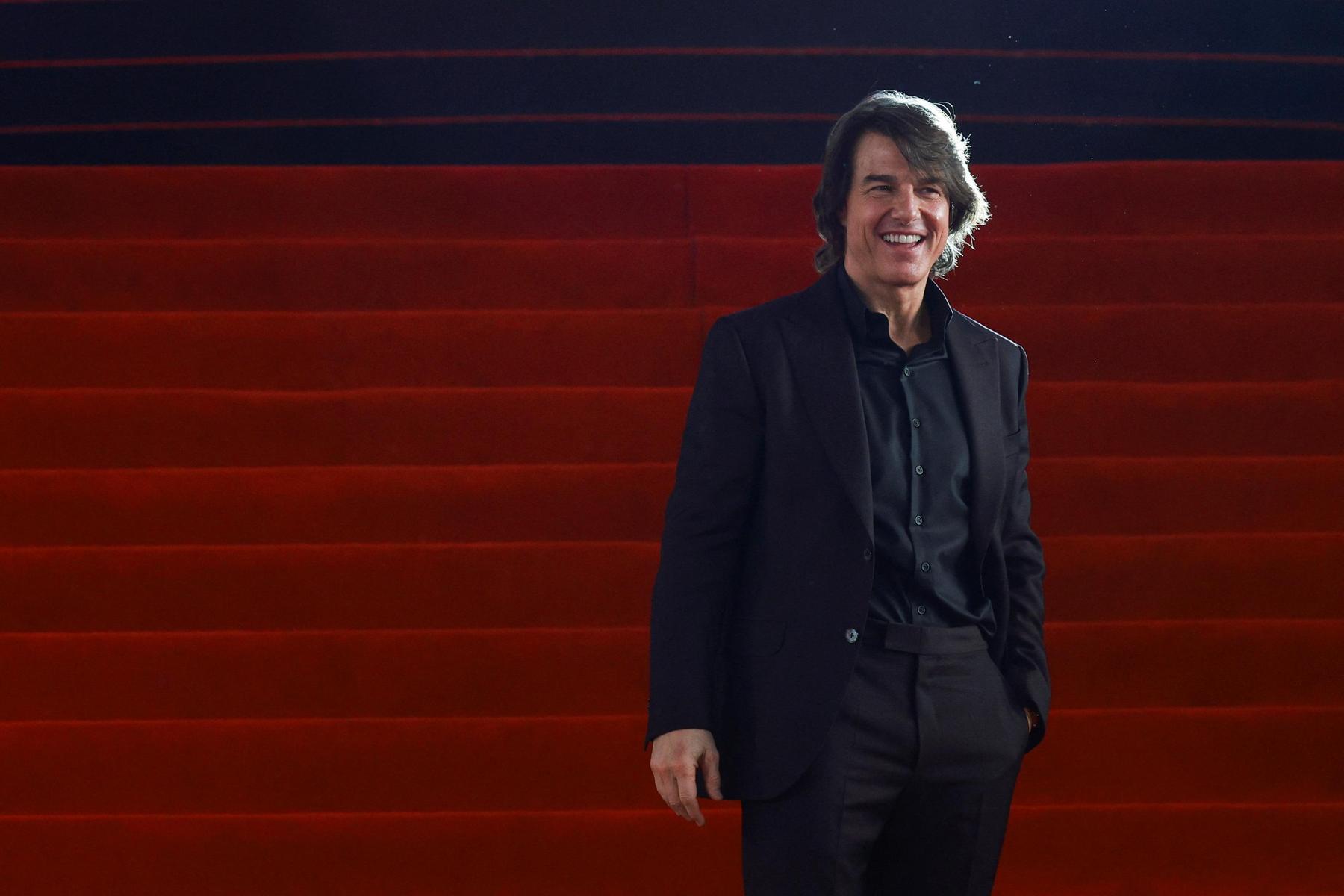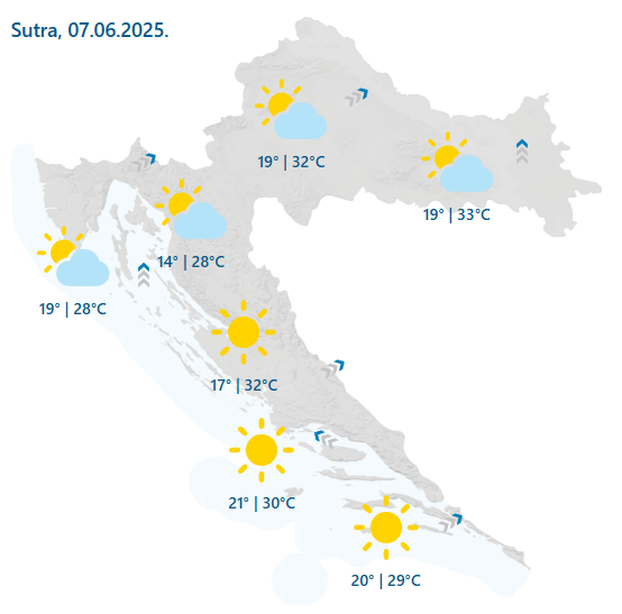Folk sports organizers are dissatisfied with the National Co -financing Competition / Day
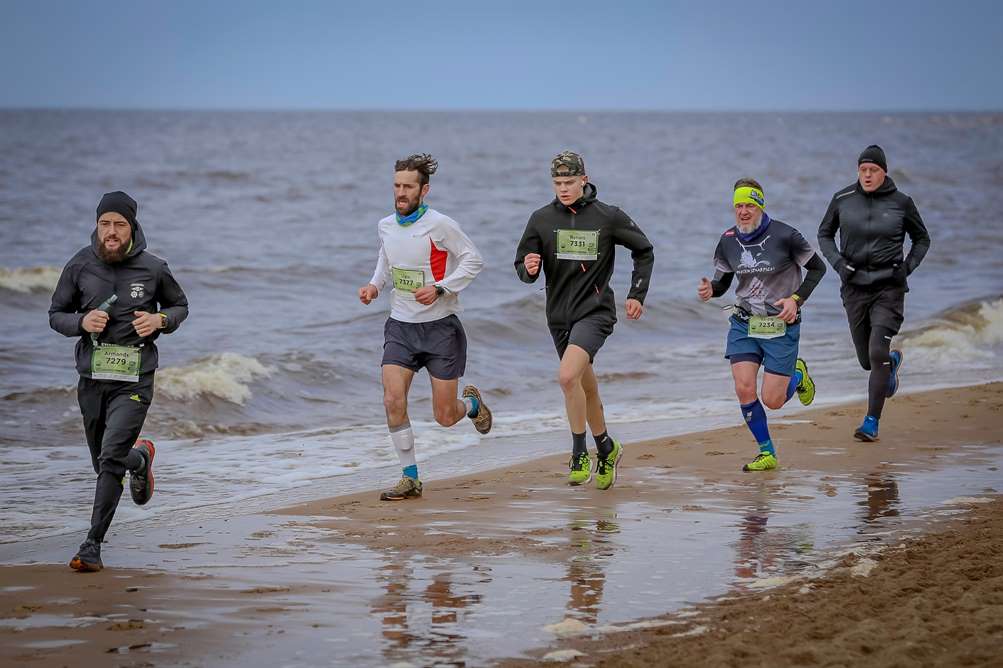
« Folk sports support policies cannot be created with one competition for which applications are adopted in mid -March, but the announcement of the results, contrary to the contest regulations, is delayed to the summer solstice, » the organizers said in an open letter, saying that the potential public co -financing in the middle of the season is useless.
State aid for folk sporting events is necessary to require less membership fees from participants or individual groups to participate free of charge, and the events would also be more accessible to families with children. As a result, a wider range of people who want to move could take part in the events, the organizers point out.
State aid could be used to cover, for example, security, medical, police « and other high costs ». The organizers should be aware of their organizers before the start of the participants. If the potential state co -financing is announced in the middle of the year, the organizers cannot count on state aid when thinking about pricing policy, the letter said.
This year, the MoES has announced the possibility of applying for the event that took place in the current year before the announcement of the results, but this practice further confirms that the state co -financing for folk sports cannot be relied on if they only learn about the event.
The MoES officials have often mentioned the budget adoption process or the number of large applications, but the industry is skeptical about it as « disclaimer » and « unwanted ».
They referred to the Ministry of Culture’s experience in organizing a competition for cultural events planned for 2025 and 2026. It was announced in November 2024, and by December 19, co -financing results were announced for 46 events.
In Estonia, too, folk sports organizers are announced in January – which confirms that timely information is possible if there is a political will, according to the authors of the letter, who encourage the results of the 2026 co -financing competition to publish the results of the competition already this year.
The organizers are also not satisfied with the condition of submitting applications to sports federations, but not « actual organizers of folk sports events », which tend to be both private companies and societies.
The authors of the letter believe that if the state wants to cooperate with folk sports organizers, which are mostly non -Federation, it would only be natural to have an outsourced procurement of any, regardless of legal status and the fact that they generate profit or not.
The actual organizers of the event, together with the recognized sports federations, which are only allowed to participate in the folk sports competition, « are forced to get involved in a formal farce », falsely stating the federation as the federation as the event. Both the MoES and the federations are aware that the real organizer is stated as a « cooperation partner », and the information provided in the competition documentation – estimates, experience, supporters – is actually the work and merit of this actual organizer, the letter emphasizes.
The organizers are also dissatisfied that the state co -financing has remained at the previous level this year – 200,000 euros, including value added tax. In their opinion, this amount is symbolic and indicates that folk sports are not a priority.
The organizers also accuse the MoES’s lack of understanding of folk sports costs, emphasizing that public service services alone can reach one hundred thousand euros at larger events. The organizers are also recalling the economic contribution and impact of the people’s sport on public health, expressing the lack of understanding why the budget is so small that its administration costs may exceed their own co -financing.
Folk sports organizers highlight as positive examples of the Latvian Investment and Development Agency under the supervision of the Ministry of Economics, which are able to co -finance sporting events up to € 300,000 in the Support Program for International Events for a three -year period, as well as Riga Municipality approach, which provides long -term co -financing for traditional events and regular competitions for smaller initiatives. The organizers hope that a similar approach could be taken over by the MoES in the future, increasing the folk sports support budget and introducing compensation mechanisms, such as covering public service services.
The organizers are worried about the lack of transparency of the co -financing of the Ministry of Education and Science – for the second year in a row, neither the results, the recipients or the ratings have been made public. They point out that this practice does not promote confidence in the competition process and creates the basis for rumors of informal, opaque evaluation criteria, including possible punishment or unequal treatment of individual organizers.
They call on the MoES to clearly define all evaluation conditions in the by -laws and request a public report on the funds granted, the distribution of points, and the justification for the refusal.
Finally, the organizers are calling for the implementation of folk sports policy a inter -ministerial cooperation initiative, including the Ministry of Health, Defense, Home Affairs and Welfare. They recall that the « People’s Sports Manifesto » distributed at the beginning of last year was initially heard, but that specific cooperation did not develop. The organizers call on the country not to waste money on individual campaigns, but to combine resources and use the capacity and experience of existing folk sports organizations in promoting the physical activity of society.
A letter from folk sports organizers is addressed to Prime Minister Evika Silina (JV), Minister of Education and Science Dace Melbarde (JV), as well as Alexander Samoilov, Head of the Sports Department of the Ministry of Education and Science.

